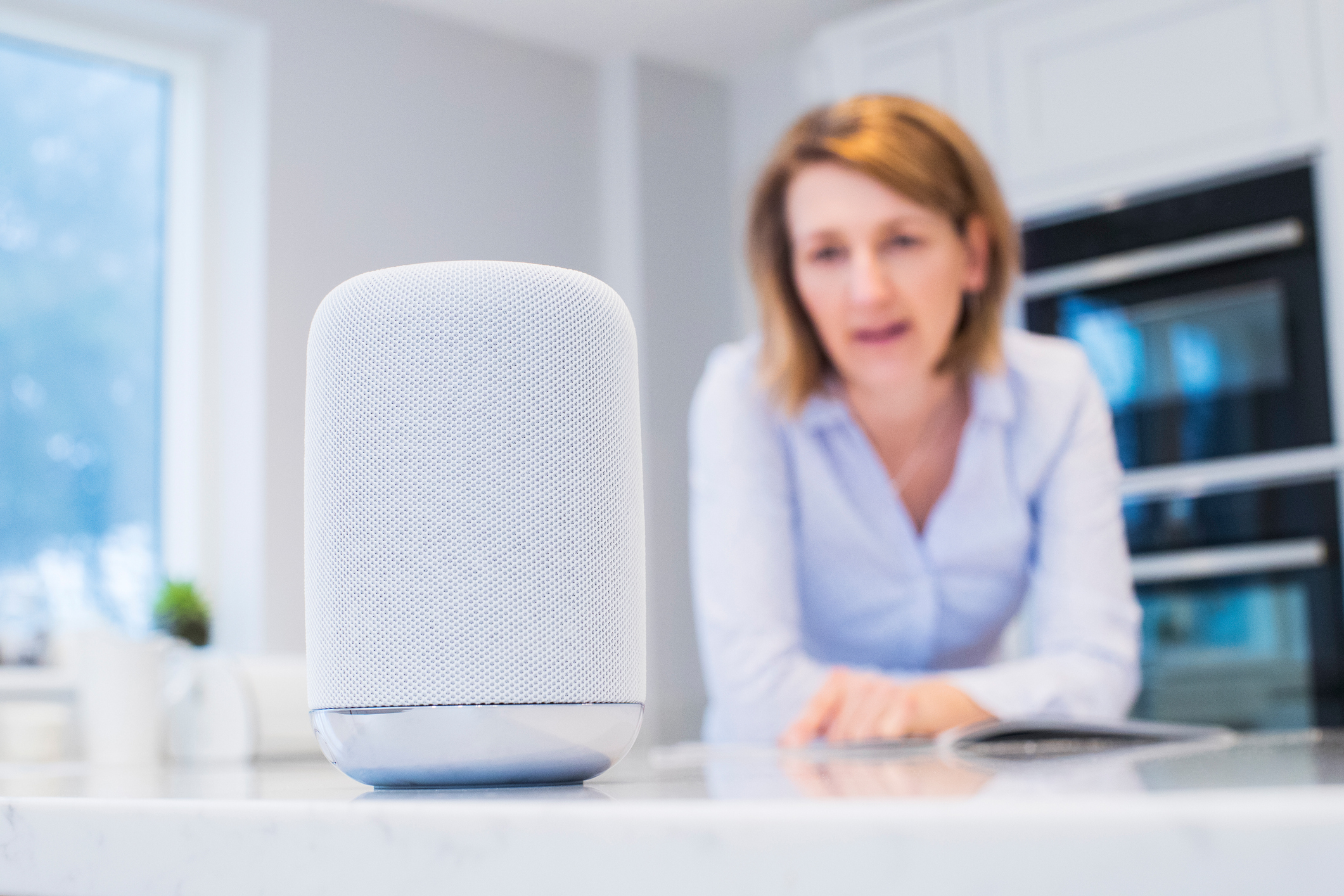
Healthcare organizations are under consistent, heavy pressure to manage their costs, but patients also have a big role to play in managing healthcare costs by working to take better care of themselves.
But what can stakeholders do to get many, if not most, patients to take on that responsibility?
That’s the question Kumar Srinivas, CTO for the health plan group at NTT DATA, a data management services provider, takes up in a recent commentary at Forbes.
In his view, while it’s obvious there is little health plans can do to force their patients to improve their preventative health regimens, there are things that can be done to “nudge” them along the same path.
He cites a recent book co-authored by an economist and a law professor that describes how people can be “nudged” to make better decisions on a range of personal issues. Their argument, he says, defines a nudge as "any aspect of the choice architecture that alters people’s behavior in a predictable way without forbidding any options or significantly changing their economic incentives. To count as a mere nudge, the intervention must be easy and cheap to avoid. Nudges are not mandates. Putting the fruit at eye level counts as a nudge. Banning junk food does not.”
Srinivas recognizes that AI in healthcare is usually viewed as a next-gen diagnostic tool or a means to root out administrative costs, but he describes a couple of ways AI can also be tapped to help “nudge” patients toward taking better care of themselves.
For example, just as e-commerce retailers “use AI analysis on huge data sets to personalize messaging and recommendations . . . health plans have their own growing data collection. They are also well-suited to be the central data repository within the healthcare ecosystem. As such, health plans can reach out to their consumers — before they become patients — with hyper personalized nudges.”
He points to diabetes prevention as a potential case study. “According to the CDC, over a third of the U.S. adult population is pre-diabetic and doesn’t know it. Over 20% of the U.S. adults who have Type 2 Diabetes don't know it. CDC research has also found that 25% of U.S. healthcare costs are spent treating diabetes.”
Noting, then, that retailers use “every interaction as an opportunity to get customized information in front of the consumer, Srivinas argues health plans can use AI to do the same with every log-on to the health plan portal, call into the health plan call center, or email newsletter the health plan sends out.
“The content can be hyper-personalized based on an individual's unique set of factors that indicate they may be diabetic,” he explains.
In short, says Srivinas, health plans may lack the authority to compel action, but with new and emerging AI, that doesn't mean they lack effective means to encourage good behaviors.


